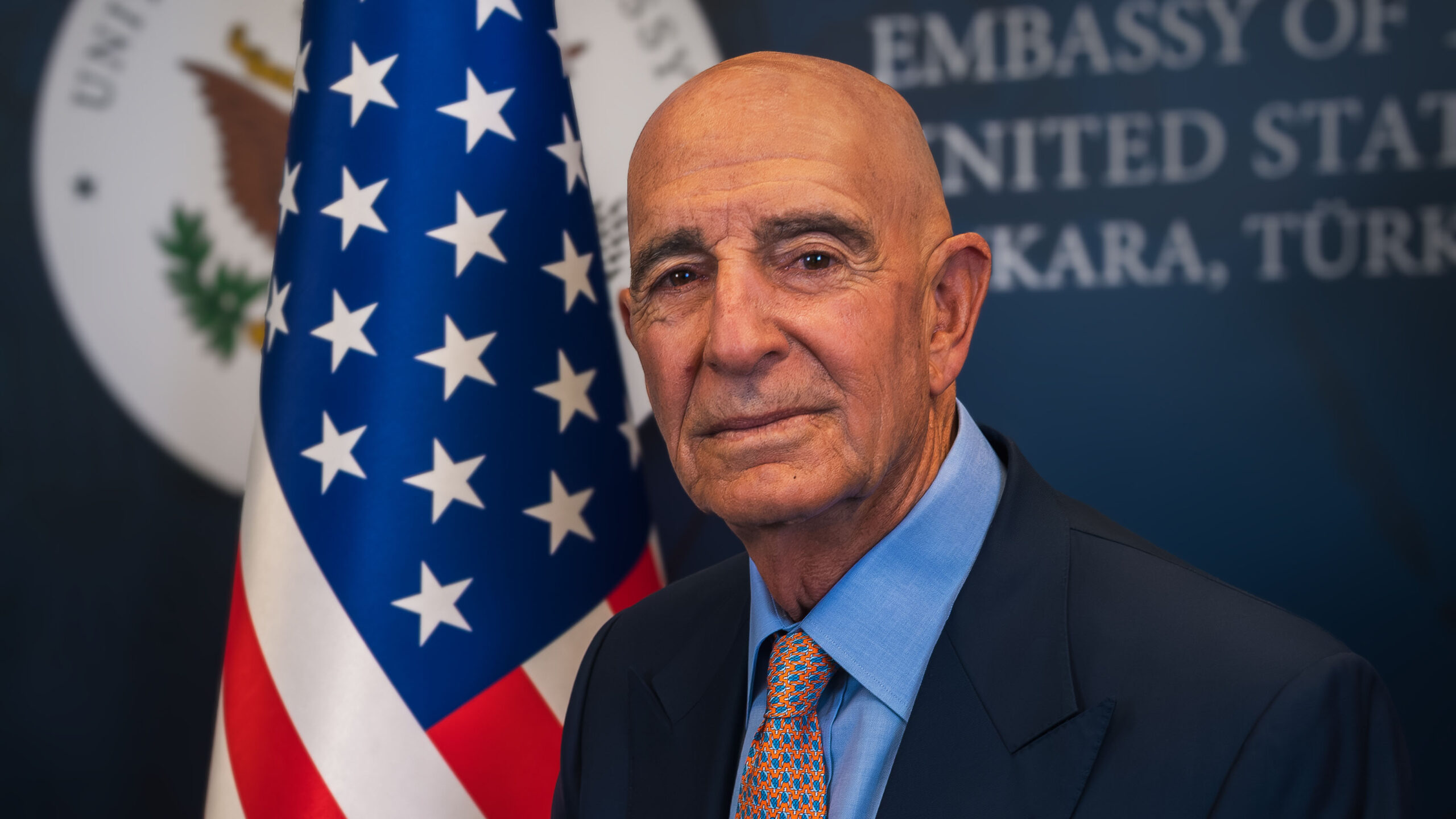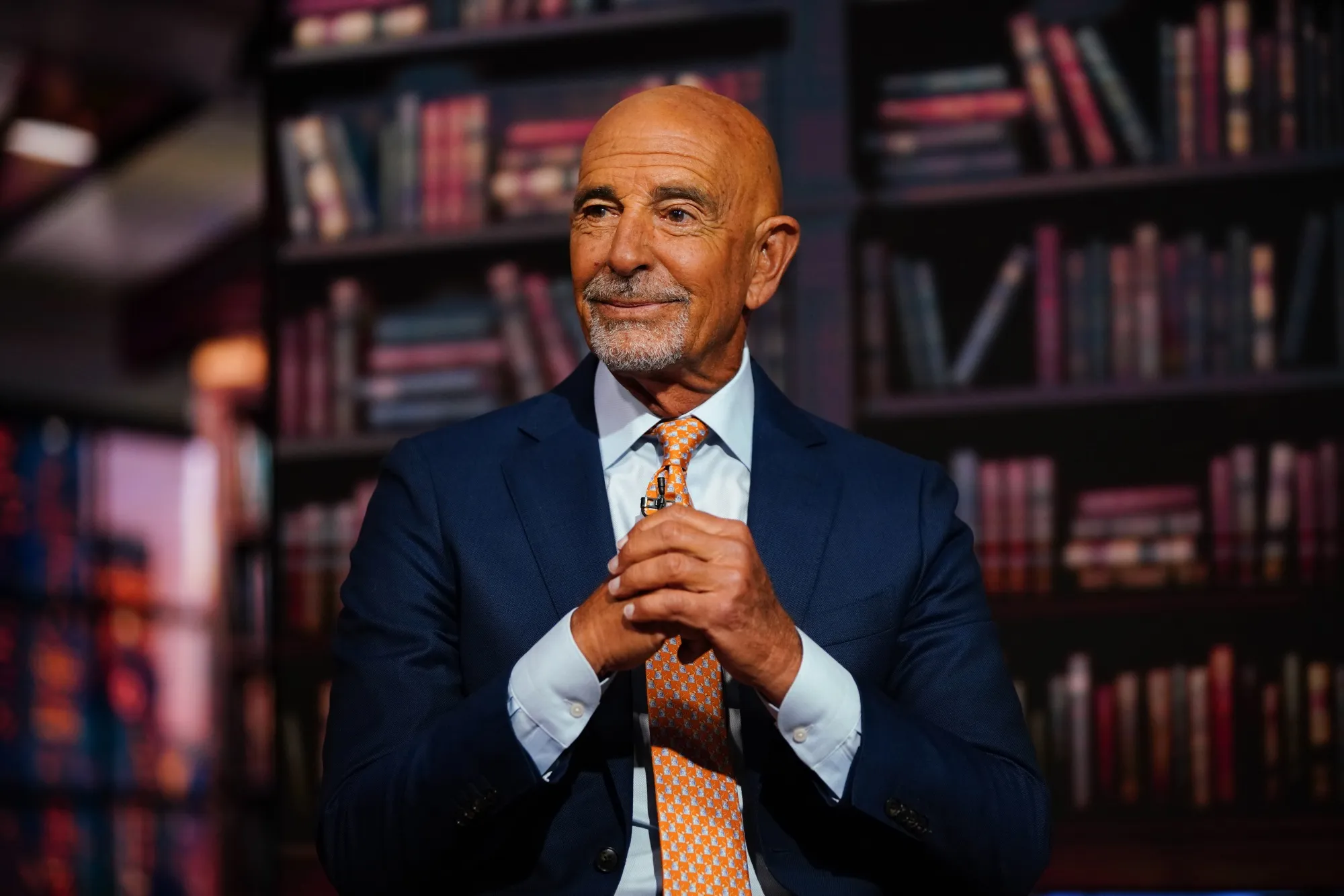U.S. Shifts Lebanon Strategy as Ambassador Tom Barrack Exits Key Role
In a significant diplomatic shift, U.S. Ambassador Tom Barrack is reportedly no longer overseeing the Lebanon file, according to sources from MTV. This development may indicate a re-evaluation of Washington"s approach to Lebanese affairs, amid a complex backdrop of regional politics and ongoing economic turmoil in Lebanon. The transition raises questions about the future of U.S. engagement in the country and its broader implications for the Middle East.
Background & Context
The United States has historically played a pivotal role in Lebanon"s political landscape, particularly in the aftermath of the Lebanese Civil War and subsequent conflicts. Ambassador Tom Barrack, who has been a prominent figure in U.S.-Lebanon relations, was instrumental in shaping policy during a period marked by increased Iranian influence and domestic instability. His departure from the Lebanon portfolio highlights a potential shift in strategy as the U.S. grapples with changing geopolitical dynamics in the region.
Lebanon has been facing a multifaceted crisis characterized by economic collapse, political paralysis, and social unrest. The Lebanese pound has plummeted, leading to widespread poverty and discontent among the population. The U.S. has been involved in providing humanitarian aid and supporting reforms, but the effectiveness of these efforts has been called into question. As previously reported, the changing political landscape necessitates a reassessment of U.S. involvement, especially as regional actors like Iran and Syria vie for influence.
Key Developments
The official announcement regarding Barrack"s reassignment has not yet been made public, but sources suggest that this change could lead to a more robust U.S. response to the ongoing crises in Lebanon. The Biden administration has been under pressure to recalibrate its foreign policy priorities, especially in light of the recent U.S. sanctions against foreign entities involved in arms trafficking, such as the recent sanctions imposed on a Russian firm linked to arms deliveries from Tehran.
Analysts speculate that this shift could signal a more comprehensive strategy aimed at countering Iranian influence in Lebanon, particularly through its support for Hezbollah. The U.S. has long viewed Hezbollah as a terrorist organization, and any new approach may involve strengthening alliances with other regional players who share concerns about Iran"s activities.
\n\n
Image for U.S. Shifts Lebanon Strategy as Ambassador Tom Barrack Exits Key Role
Broader Impact
The implications of this diplomatic shift extend beyond Lebanon. As the U.S. adjusts its strategy, it may also influence its relationships with other nations in the region, particularly Israel and Saudi Arabia, both of which are wary of Iran"s expanding influence. Experts suggest that a recalibrated U.S. policy could lead to increased support for Lebanese reformist factions, potentially altering the balance of power within the country.
Moreover, the change in leadership could impact U.S. humanitarian assistance programs in Lebanon. With the country facing one of the worst economic crises in its history, the need for international support remains critical. The U.S. has been a significant donor, but the effectiveness of aid has been hampered by political corruption and institutional dysfunction within Lebanon. Observers are closely watching how a new diplomatic approach might address these challenges and whether it will lead to meaningful reform.
What"s Next
The future of U.S.-Lebanon relations will depend on how the Biden administration chooses to navigate this transition. As the U.S. seeks to redefine its role in Lebanon, attention will likely focus on the appointment of a new envoy who can effectively engage with Lebanese leaders and civil society. The administration may also consider leveraging its relationships with regional allies to foster a coordinated response to Lebanon’s crises.
In the coming weeks, further announcements regarding U.S. policy shifts are anticipated, particularly as the administration assesses its broader Middle East strategy. With Lebanon at a critical juncture, the international community will be watching closely to see how these developments unfold and what implications they may have for stability in the region. The U.S. commitment to supporting Lebanon"s recovery will be paramount, especially in light of the ongoing humanitarian needs and the call for structural reforms.

Image for U.S. Shifts Lebanon Strategy as Ambassador Tom Barrack Exits Key Role


![[Video] Heavy clashes and gunfire reported in Baghdad, Iraq](/_next/image?url=%2Fapi%2Fimage%2Fthumbnails%2Fthumbnail-1768342239932-848qsh-thumbnail.jpg&w=3840&q=75)




![[Video] Gunfire between Iraqi security forces and Sadr militias in Baghdad](/_next/image?url=%2Fapi%2Fimage%2Fthumbnails%2Fthumbnail-1768343508874-4redb-thumbnail.jpg&w=3840&q=75)
